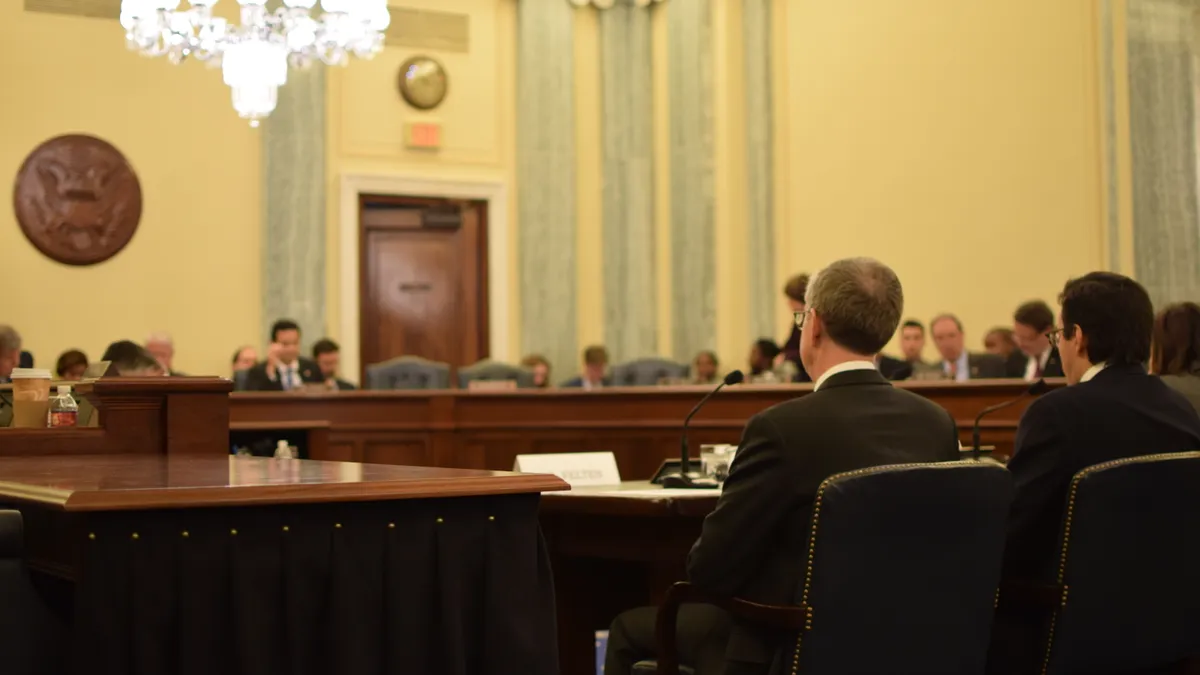Dive Brief:
-
Enterprise and academic experts cautioned the U.S. Senate Committee on Commerce, Science and Transportation against a heavy-handed regulatory approach to AI, citing concerns of stifling innovation and progress. At a hearing Tuesday, experts did call for open data policies, as AI systems will only be as good as the data they can draw insight and learn from. Yet data policies today are also in the midst of change as privacy considerations and fair use policies face scrutiny.
-
Lawmakers questioned experts on the problems of bias in AI and ML systems. Experts noted that the bias problem is multifaceted because bias can be introduced at many levels, from the building of the system to its training and application. The lack of diversity in the AI workforce is even worse than the general tech workforce, compounding the issue, said Dr. Edward Felten, professor at Princeton University. With all the talk of bias in AI systems, however, discussions of AI applications to counter bias and broaden inclusion are often overlooked, said Victoria Espinel, CEO of The Software Alliance.
- Education and understanding are key to formulating a well-rounded AI policy and culture, beginning with better STEM education at early ages. Higher education will also need reinforcement because industry recruiting has "thinned the ranks" of academia who conduct research and train the new generations of AI experts, said Cindy Bethel, associate professor at Mississippi State University. With education and broader understanding of AI, barriers to maximizing AI development and application will ease, said Espinel.
Dive Insight:
The U.S., like most foreign countries, is in the midst of understanding how AI fits into its digital economy and how this technology fits into legal and regulatory schemes. Right now, comprehensive regulation on the technology is not in place, leaving large swathes of gray areas and uncertainty moving forward.
Daniel Castro, VP for the Information Technology and Innovation Foundation, distinguished two types of policies relating to AI: those that accelerate adoption — such as good data policies — and regulations, which other experts agreed risk impeding progress. In fact, regulation focused on AI specifically is probably misguided, said Castro.
Yet making regulations for AI now is a complicated matter because the landscape is set to change drastically in coming years. As AI is democratized it will become less concentrated, spreading from the smaller subset of large companies primarily using it now to SMBs, said Espinel.
Considerations for future progress are important, so working with the narrow AI available today will require ongoing discussion between governments, the enterprise and academia.
But regulatory questions should not stand in the way of AI and ML. "AI is the single most important technology in the world today," said Dario Gil, VP of IBM Research AI and IBM Q, and companies and governments need to be willing to make the investment now.












